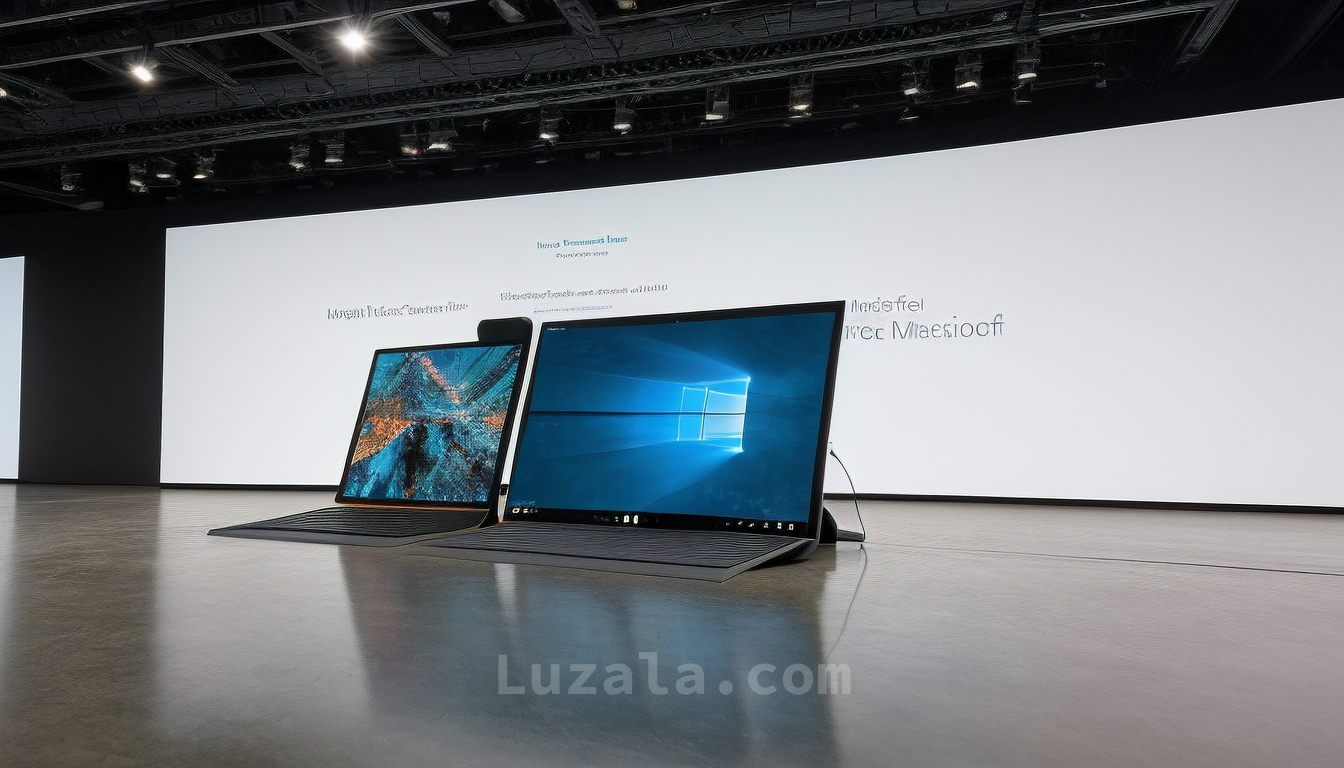Zoom's AI Companion: Boosting Productivity and Privacy in Videoconferencing
Zoom plans to introduce an AI Companion for enhanced productivity in videoconferencing. However, questions remain about data usage and transparency following previous controversies.
Zoom's AI Companion: Enhancing Productivity and Privacy in Videoconferencing
Less than a month after grappling with public backlash stemming from confusion surrounding its artificial intelligence (AI) training methods, Zoom is determined to forge ahead with the development of a ChatGPT-style chatbot designed to integrate seamlessly into its videoconferencing platform and associated chats. While Zoom envisions its enhanced AI Companion as a tool that could significantly augment productivity for its users, it also recognizes the potential for renewed concerns regarding the data AI systems are trained on.
Zoom's AI Companion, as outlined in a recent company blog post, represents a rebranding and expansion of the existing ZoomIQ platform. Previously, ZoomIQ enabled users to summarize chat threads and generate automated responses to written chat inquiries. Looking ahead to next year, Zoom aims to empower users to engage in conversations with the AI Companion, seeking assistance with a range of office tasks, including rapid meeting preparation, consolidated summaries of prior sessions, and document searches. Notably, Zoom envisions users interacting with the AI Companion during meetings to file support tickets or research answers to real-time questions, effectively transforming it into a private virtual assistant.
However, these conversational features are not expected to launch until the spring of 2024, as indicated in the company's blog post. Zoom Chief Product Officer Smita Hashim emphasized the potential benefits, stating, "With AI Companion empowering you in Zoom, you can save time, improve the quality of your work, stay more connected with teammates no matter where or when they work, and receive insightful coaching that will help you level up skills like delivering a great presentation."
Zoom's approach to AI draws on a combination of its proprietary large language model and external resources, including Meta's Llama 2, OpenAI, and Anthropic. This "federated approach to AI," as described by Zoom, allows the AI Companion to swiftly incorporate advancements from various models. However, further details about this approach were not immediately available at the time of this writing.
The conversational chatbot tools are just one facet of Zoom's broader AI-driven strategy aimed at enhancing user productivity on the platform. Already available to paid Zoom subscribers, the AI Companion enables users to catch up on meeting highlights and seek specific information about meeting content in real time. Post-meeting, Zoom asserts that the Companion will automatically transcribe the session, segment it into "smart chapters," and highlight key information. Additionally, the Companion will generate meeting summaries that emphasize crucial topics and potential next steps.
Zoom is set to release a feature by the end of September in which its AI Companion assists in generating email responses, with the AI assessing tone and length. Simultaneously, the Companion will be capable of summarizing a variety of missed chats to provide users with a more comprehensive view of the overall conversation. Later in the fall, Zoom anticipates that the AI Companion will automatically detect meeting intent based on chat messages. Looking further ahead, Zoom envisions users interacting with the AI Companion to request feedback on improving presentation skills and tracking speaking versus listening time during meetings.
This announcement marks Zoom's reentry into the AI landscape following a recent controversy over unclear language regarding the data used to train its AI models. In the previous month, the company faced backlash and was compelled to revise a blog post, clarifying that it would not utilize Customer Content, including call audio, video, chat, attachments, or screen-sharing, for AI training purposes, despite initial indications to the contrary. In its most recent blog post, Zoom reiterates that it does not employ audio, video, chat, screen sharing, or other forms of "communications like customer content" for training its AI or third-party models. However, this declaration naturally raises questions about the specific data employed in the training process, for which Zoom has not provided clarification as of the time of writing.
In summary, Zoom is determined to move forward with its AI Companion, a tool designed to enhance user productivity and provide a seamless virtual assistant experience within its videoconferencing platform. While promising various features and benefits, including real-time assistance and meeting summarization, Zoom faces the challenge of addressing concerns about data privacy and transparency in AI training methods. As the company navigates these challenges, users can anticipate a host of AI-driven enhancements aimed at simplifying and enhancing their Zoom experience in the near future.















Comments